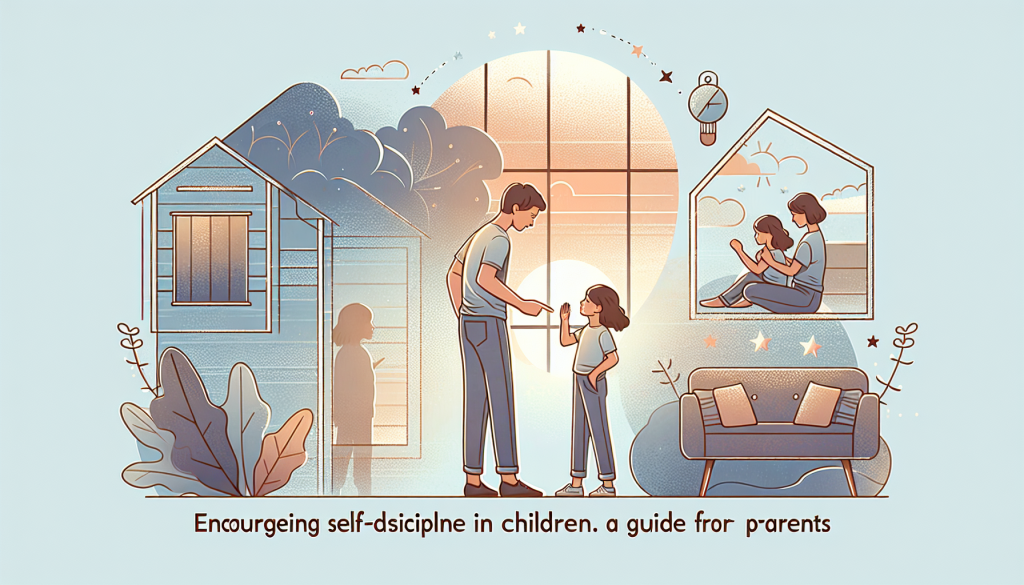Encouraging Self-Discipline in Children: A Guide for Parents
As parents, one of our most important roles is to guide our children towards becoming responsible adults. A crucial part of this journey involves fostering self-discipline in children. This skill not only helps them manage their emotions but also empowers them to make sound decisions and achieve their goals. In this article, we’ll delve into effective parenting strategies that can help in nurturing self-discipline and emotional control in children.
Main Points
Research shows that children who develop self-discipline early on are more likely to succeed academically and socially. According to principles of cognitive-behavioral therapy (CBT), self-discipline is closely linked to the ability to regulate one’s emotions and actions. This involves understanding and managing feelings, which contributes to a sense of safety and autonomy.
Children have fundamental psychological needs such as safety, autonomy, and self-expression. When these needs are met, children are more likely to feel secure and capable of exercising self-discipline. For instance, children who feel safe in their environment are less likely to act out impulsively, as they trust that their needs will be met.
Moreover, autonomy is crucial for self-discipline. When children are given choices and a degree of control over their actions, they learn to take responsibility for their decisions. This can be as simple as allowing them to choose their clothes or decide how they want to spend their free time.
Practical Recommendations
- Set Clear Expectations: Clearly communicate the rules and expectations in your household. Consistency is key, as it helps children understand the boundaries and the consequences of crossing them.
- Model Self-Discipline: Children learn a lot by observing their parents. Demonstrate self-discipline in your actions, whether it’s managing your emotions or following through on commitments.
- Encourage Problem-Solving: Instead of solving problems for them, guide your children in finding solutions. This enhances their decision-making skills and boosts their confidence.
- Provide Positive Reinforcement: Acknowledge and reward your children when they exhibit self-discipline. Positive reinforcement strengthens desired behaviors, making them more likely to be repeated.
- Teach Emotion Regulation: Help your children identify and name their emotions. Use tools like deep breathing or counting to ten to manage intense feelings.
Conclusion
Fostering self-discipline in children is a rewarding yet challenging aspect of parenting. By understanding their psychological needs and applying effective parenting strategies, you can help your children develop emotional control and grow into well-rounded individuals. Remember, the journey of nurturing self-discipline is ongoing, but the benefits it brings to your child’s life are invaluable.
For more insights on parenting and child development, visit the Child Mind website.

